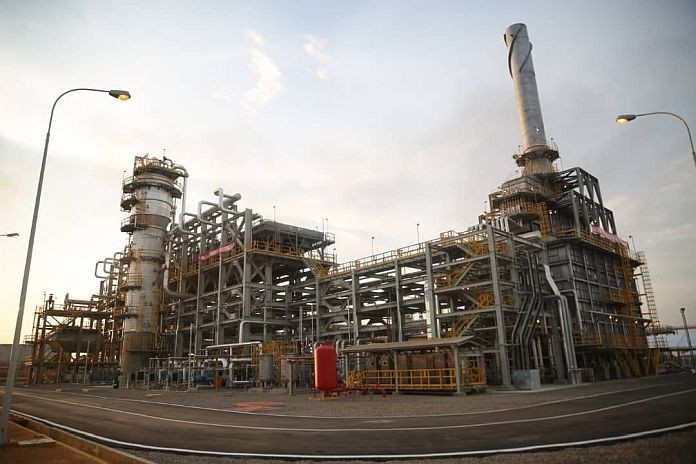By Andreína Chávez Alava and Ricardo Vaz
Mérida, (venezuelanalysis.com) – The China National Petroleum Corporation (CNPC) is reportedly laying the groundwork to revive projects in Venezuela.
According to unnamed sources cited by Bloomberg, CNPC is hiring local enterprises and sending its own staff, including engineers, for maintenance work at an oil-blending plant it operates with Venezuelan state oil company PDVSA in the Caribbean nation.
Likewise, CNPC is looking to boost operations at Sinovensa, Sinovenezolana I and II, Petrourica and Petrozumano, its joint ventures with PDVSA in the eastern Orinoco Oil Belt and western Venezuela. The report adds that the Chinese company is currently contacting local service providers to begin ramping up production, however, no procurements or contracts have been signed.
The stage of these purported preliminary steps and the timeline to restart the oil projects are currently unknown. At the time of writing, neither CNPC nor PDVSA have released statements.
The prospect of one of Venezuela’s most important international partners returning to invest in the country would represent a boost to Caracas’ efforts to recover crude output, with PDVSA setting a 1.5 million barrel per day (bpd) target by the end of 2021. Increased trade with the CNPC would likewise allow Caracas to ease its debt burden having signed a number of oil-for-loan agreements over the years.
In July, the South American nation produced 512,000 bpd according to the last Organization of Petroleum Exporting Countries (OPEC) report. The figure represented a mild downfall compared to June, when it reached 537,000 bpd, the highest level in 13 months.
Despite the moderate recovery, this year’s mark is only slightly above the 500,000 bpd PDVSA averaged in 2020, when output hit historic lows under the weight of US sanctions. Washington imposed financial sanctions in 2017, an oil embargo in 2019 and a host of subsequent measures that saw production fall from an average of 1.911 million bpd to just over a quarter of it in four years.
For its part, China’s most important oil corporation gradually reduced its direct dealings with Venezuela as the former Trump administration ramped up its sanctions program.
Threats of secondary sanctions halted expansion plans at the 110,000 bpd Sinovensa project. The facility blends the extra-heavy Orinoco crude into the Merey grade favored by Chinese refineries and it is the largest CNPC project in the South American nation. Its output registered a reported 66,000 bpd in May. The company also made headlines in late 2019 when five of its executives were arrested on corruption charges.
Apart from affecting oil operations, US Treasury measures drove companies away from buying Venezuelan crude, with CNPC stopping its cargo purchases in the wake of the August 2019 embargo.
As a result, PDVSA has been forced to resort to intermediaries and sea-to-sea transfers in order to ship oil to its destinations.
Exports to China are reportedly facing additional hurdles after Beijing levied a new US $30 per barrel tax on bitumen imports, with Venezuela’s heavy blends falling in that category.
For their part, the Maduro administration and the Venezuelan National Assembly have looked to offer ever more favorable conditions for foreign investment. Legislative plans allegedly include allowing private corporations larger stakes in joint ventures while also doing away with PDVSA’s monopoly in running oil fields. The efforts to undo some of former President Hugo Chávez’s most emblematic laws have generated fierce debates.
However, analysts stress that major investments are unlikely so long as crippling US sanctions remain in place.
Andreína Chávez Alava reporting from Guayaquil, Ecuador and Ricardo Vaz from Mérida, Venezuela.





